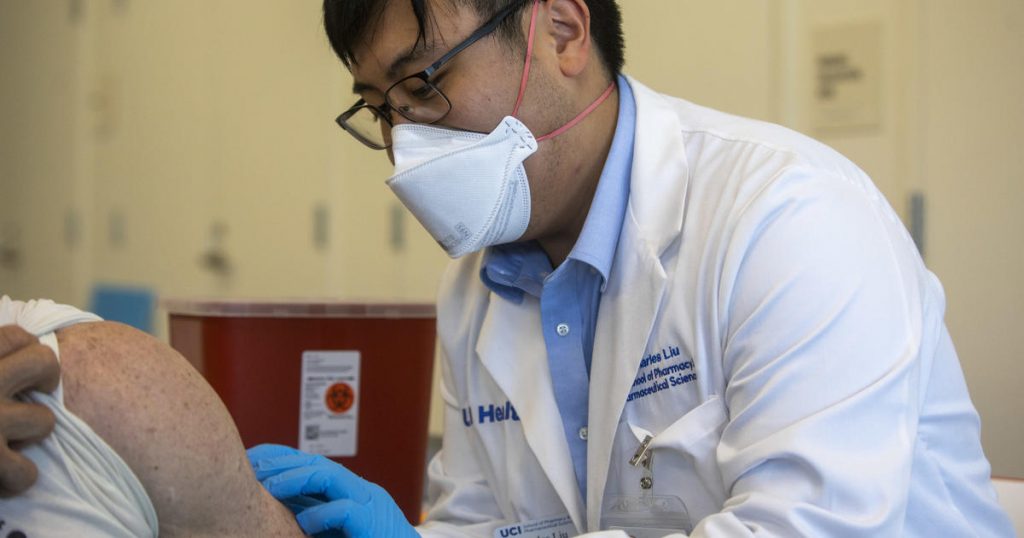Managing Director and Head of Goldman Sachs Personal Financial Management Joe Duran argued that there is a “high likelihood” that the United States will face a recession next year.
Speaking on “Varney & Co.” he also noted on Thursday that markets have been “calming down” after experiencing months of volatility, as inflation seems to be easing a bit.
The Labor Department revealed last month that inflation accelerated more than expected to a new four-decade high in June as the price of everyday necessities remains painfully high.
The department said the consumer price index, a broad measure of the price for everyday goods, including gasoline, groceries and rents, rose 9.1% in June from a year ago. Prices jumped 1.3% in the one-month period from May. Those figures were both far higher than the 8.8% headline figure and 1% monthly gain forecast by Refinitiv economists.
IS THE UNITED STATES ENTERING A RECESSION?
The data marked the fastest pace of inflation since December 1981.
Price increases extended across the board with energy prices rising 7.5% in June from the previous month, up 41.6% from last year. Gasoline, on average, costs 59.9% more than it did one year ago and 11.2% more than it did in May.
The Goldman Sachs executive told host Stuart Varney that, despite the recent increases, “the inflation picture” is calming down. He said hopefully people are now a “little more optimistic,” acknowledging that it “has been a very tumultuous year so far.”
Duran stressed that what had occurred in the markets at the beginning of the year was “very rare,” explaining that “about 6% of the time do you have over a six-month period both stocks and bonds going down.”
“And so the traditional balanced portfolios had a much tougher start,” he explained.
Markets experienced turbulence during the first half of the year as investors ingested economic data and priced in several rate hikes by the Federal Reserve as the central bank tries to curb persistent inflation.
Duran noted on Thursday that, typically, “from the moment the Fed starts increasing rates, it takes about 30 months before there is a recession.”
“That only happens 60% of the time; 40% of the time there’s no recession,” he continued.
Duran added that, even though the U.S. economy experienced two consecutive quarters of negative GDP, which constitutes the technical definition of a recession, “there is enough strength” given unemployment “is still really good” and is expected to “continue to be really good.”
The executive provided the insight the day before the July employment report will be released.
Economists surveyed by The Wall Street Journal expect the U.S. economy to have added 250,000 jobs in July, down from 372,000 in June.
“And so I think it takes a while before the increased rate hikes bite in,” Duran told Varney on Thursday.
CLICK HERE TO READ MORE ON FOX BUSINESS
He then argued that a recession likely won’t happen this year, noting that he believes the market will be about 5 to 10% higher by the end of the year, but “with some volatility.”
He said, though, that he believes there is “a high likelihood of recession” next year, with a 40% likelihood over the next 12 months – which increases to 65% over the next two years.

